Social psychologist John Haidt has warned that the rapid transition from a play-based to a phone-based childhood has led to a global destruction of human flourishing among young people. Speaking at a recent Dartmouth-United Nations Development Programme symposium on youth wellbeing, Haidt argued that children born after 1995, known as Gen Z, are fundamentally different from earlier generations due to their experience of puberty amid omnipresent smartphones and social media.
According to Haidt, the impact of this shift is comparable to a tree warping around a tombstone, with Gen Z's brains growing around their phones in a similar way. This phenomenon, he believes, is a result of the constant exposure to screens and social media from a young age, which has altered the way their brains develop.
Haidt, who previously explored his thoughts about Gen Z in the New York Times bestseller "The Anxious Generation," emphasized that this is not just a local issue but a global public health emergency. He pointed out that the swift transition to a phone-based childhood has had a profound impact on the mental health and wellbeing of young people worldwide.
The Thomas Cooley Professor of Ethical Leadership at NYU Stern School, Haidt has spent years studying the effects of technology on human behavior and development. He believes that the constant stream of information and social validation from social media has created a culture of anxiety and comparison among young people.
"It's not just that they're anxious, it's that they're anxious about being anxious," Haidt said. "They're constantly comparing themselves to others, and they're constantly feeling like they're not good enough."
Haidt's warnings are not without precedent. Research has shown that excessive screen time and social media use can have serious negative effects on mental health, including increased symptoms of depression and anxiety.
The issue is particularly pressing in countries with limited access to mental health resources and support. In many parts of the world, young people are struggling to cope with the pressures of modern life, and the lack of access to mental health services is exacerbating the problem.
The World Health Organization has recognized the need for greater investment in mental health services, particularly for young people. In a recent report, the WHO emphasized the importance of addressing the root causes of mental health problems, including the impact of technology on human behavior.
As the world grapples with the challenges of the digital age, Haidt's warnings serve as a reminder of the need for a more nuanced understanding of the impact of technology on human development. By acknowledging the potential risks and consequences of excessive screen time and social media use, we can work towards creating a healthier and more supportive environment for young people to thrive.
The symposium at which Haidt spoke was part of a broader effort to raise awareness about the importance of youth wellbeing and mental health. The event brought together experts from around the world to share their research and insights on the challenges facing young people today.
As the global community continues to navigate the complexities of the digital age, Haidt's message serves as a call to action. By working together to address the root causes of mental health problems and promoting a healthier relationship with technology, we can help create a brighter future for young people around the world.
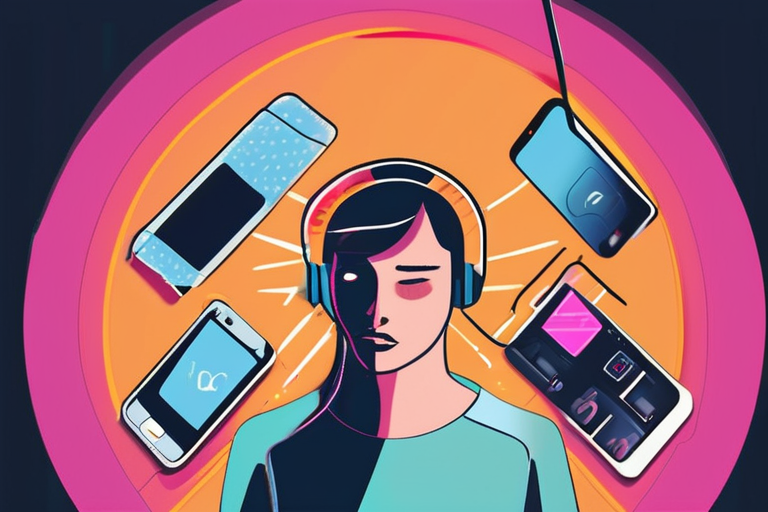







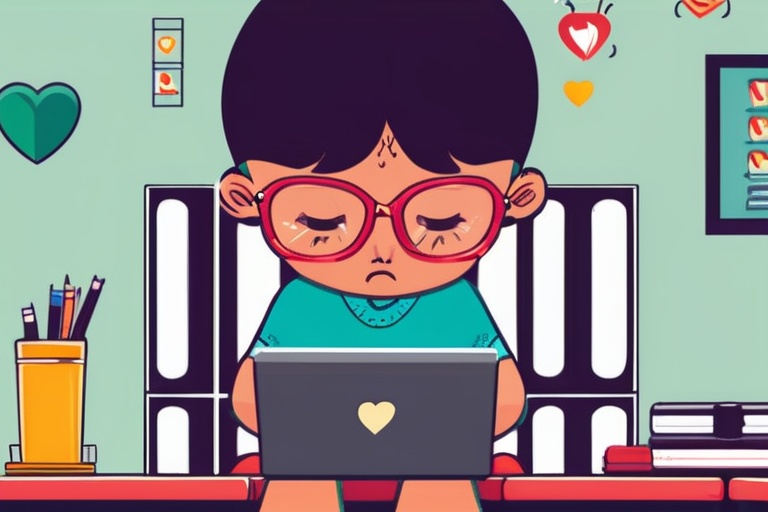

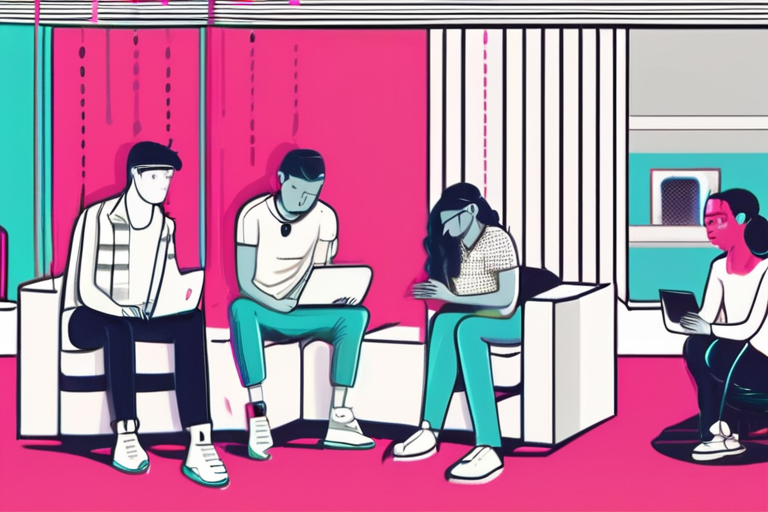



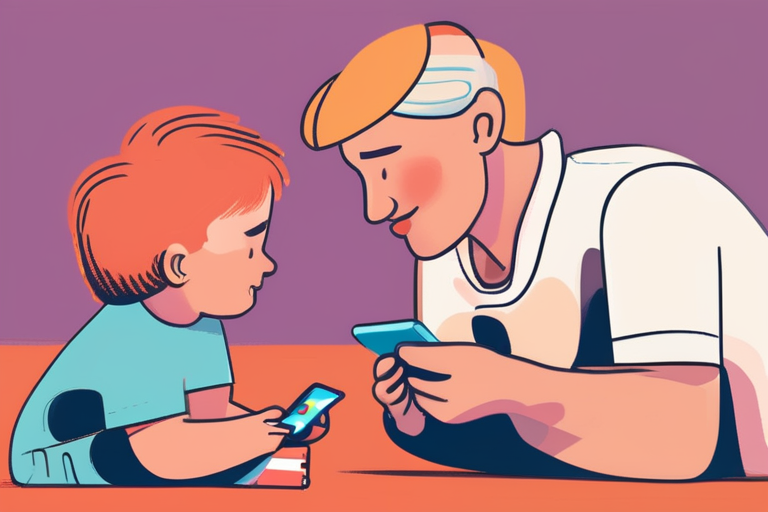


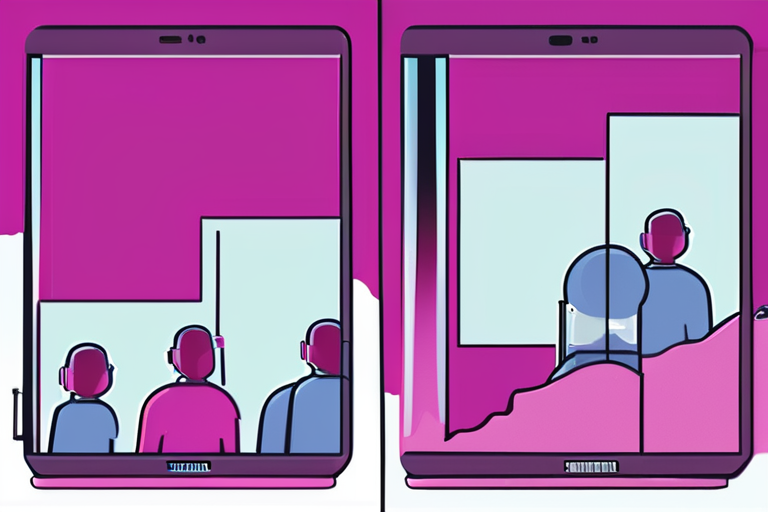


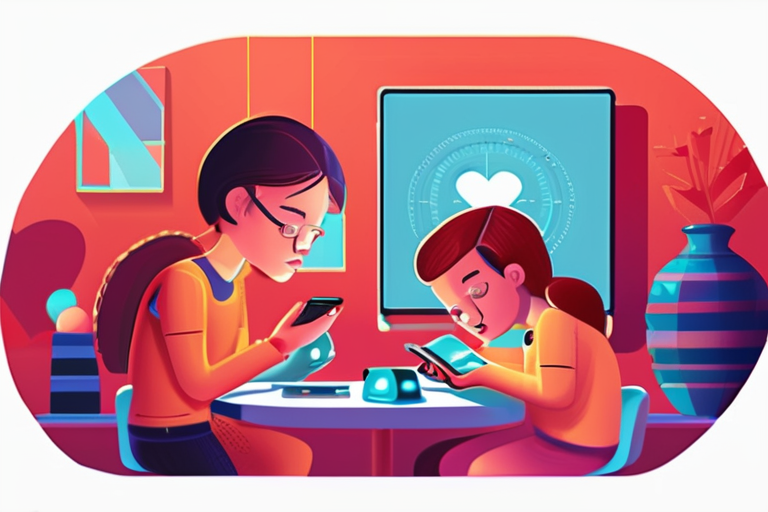






Share & Engage Share
Share this article